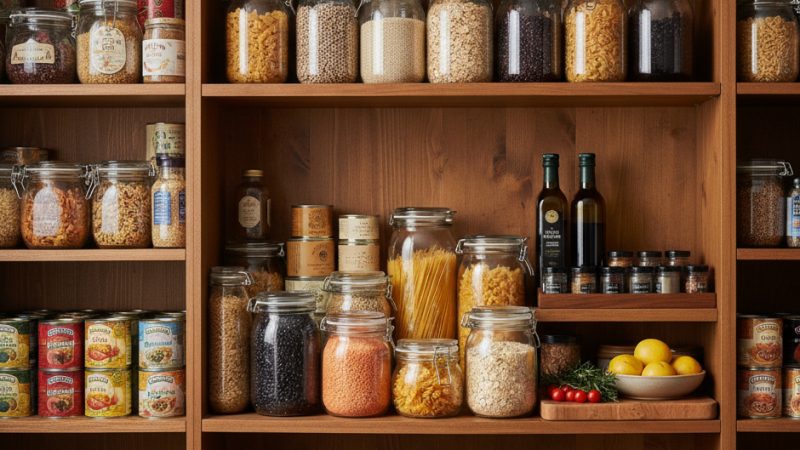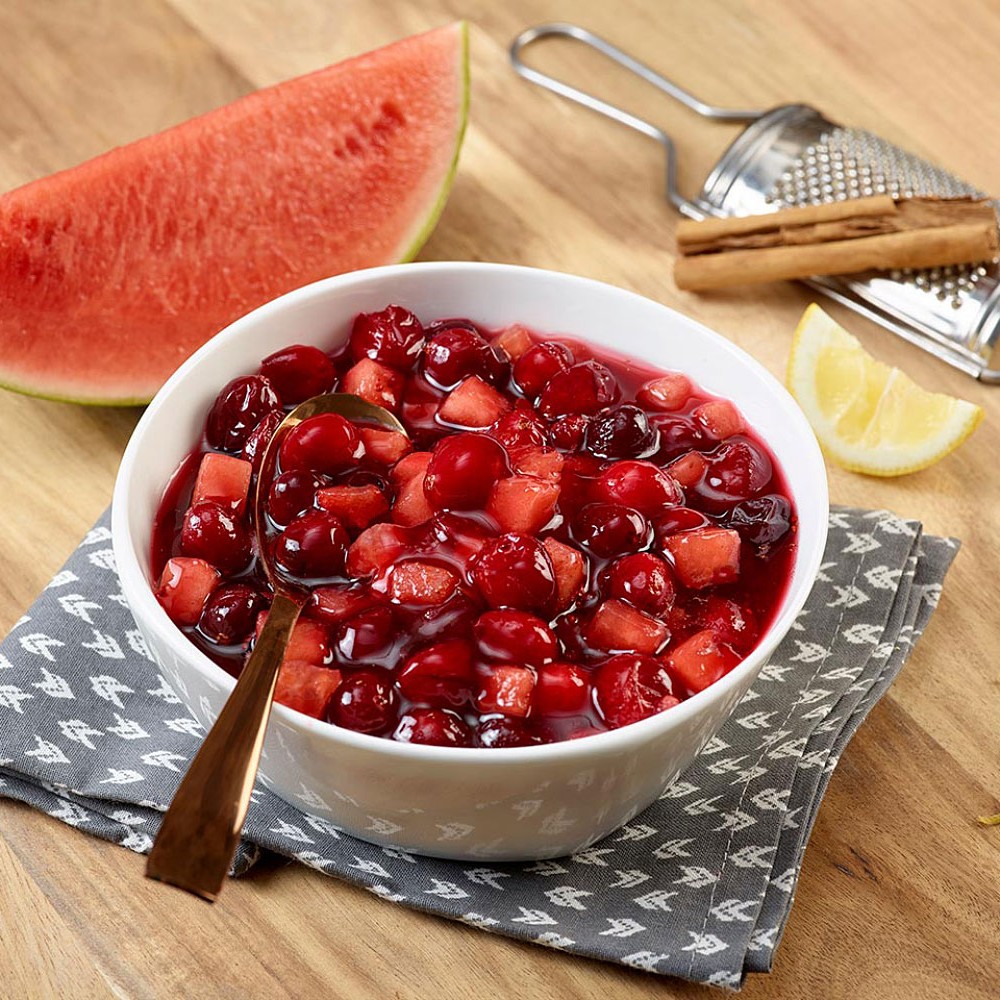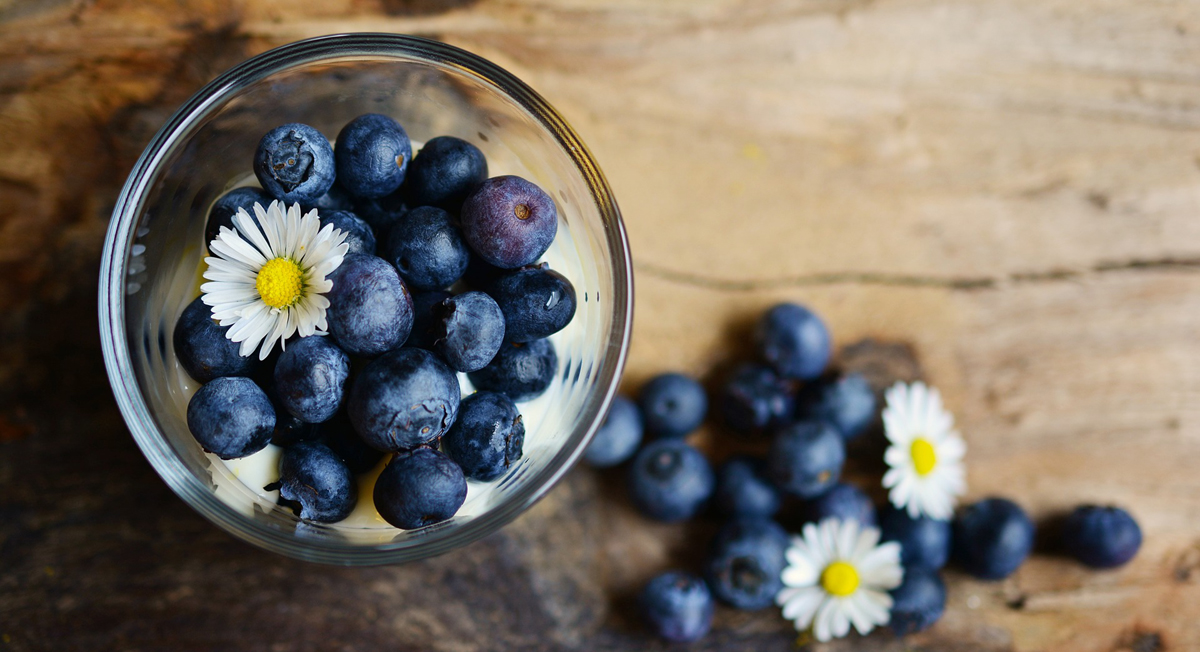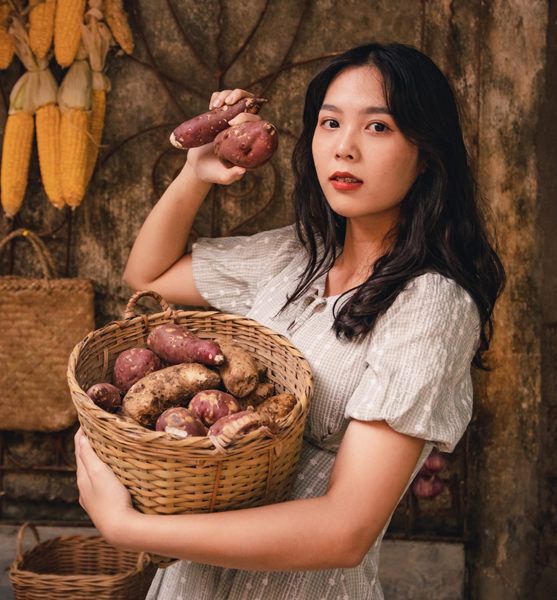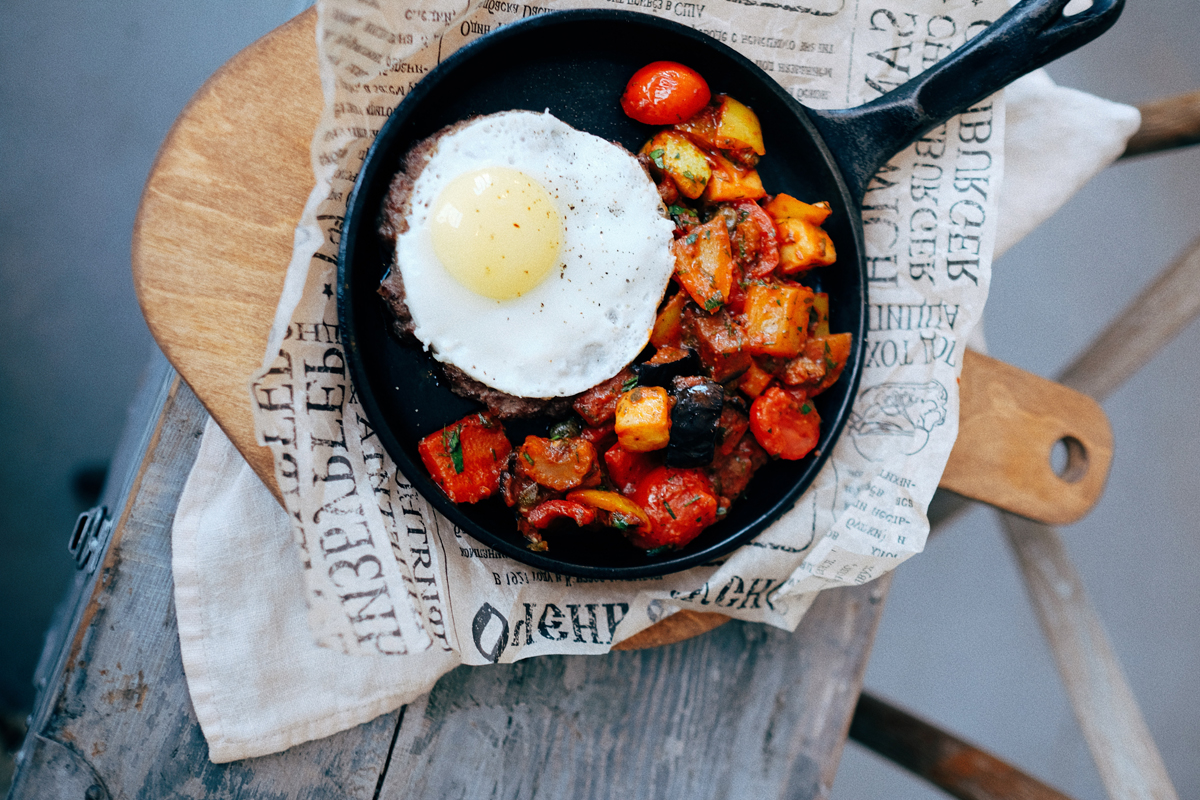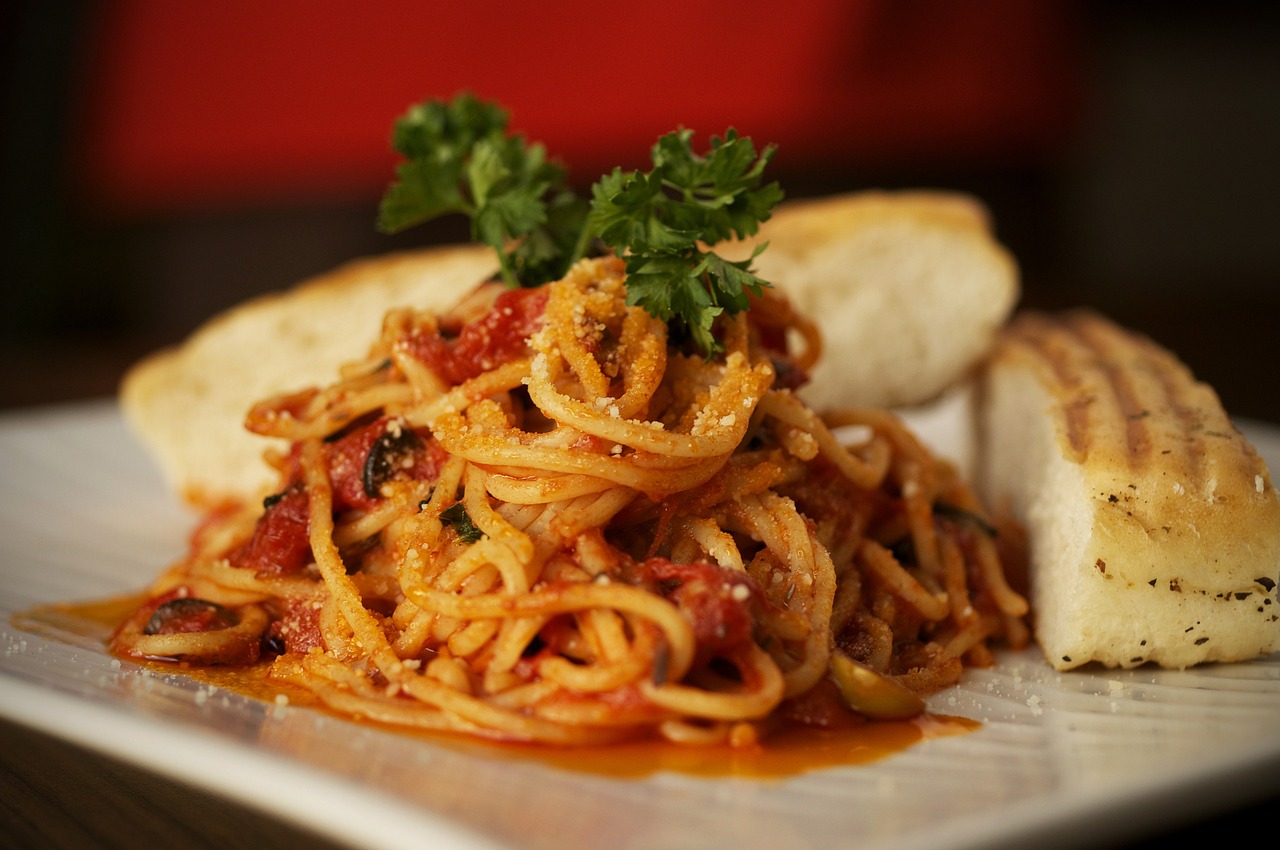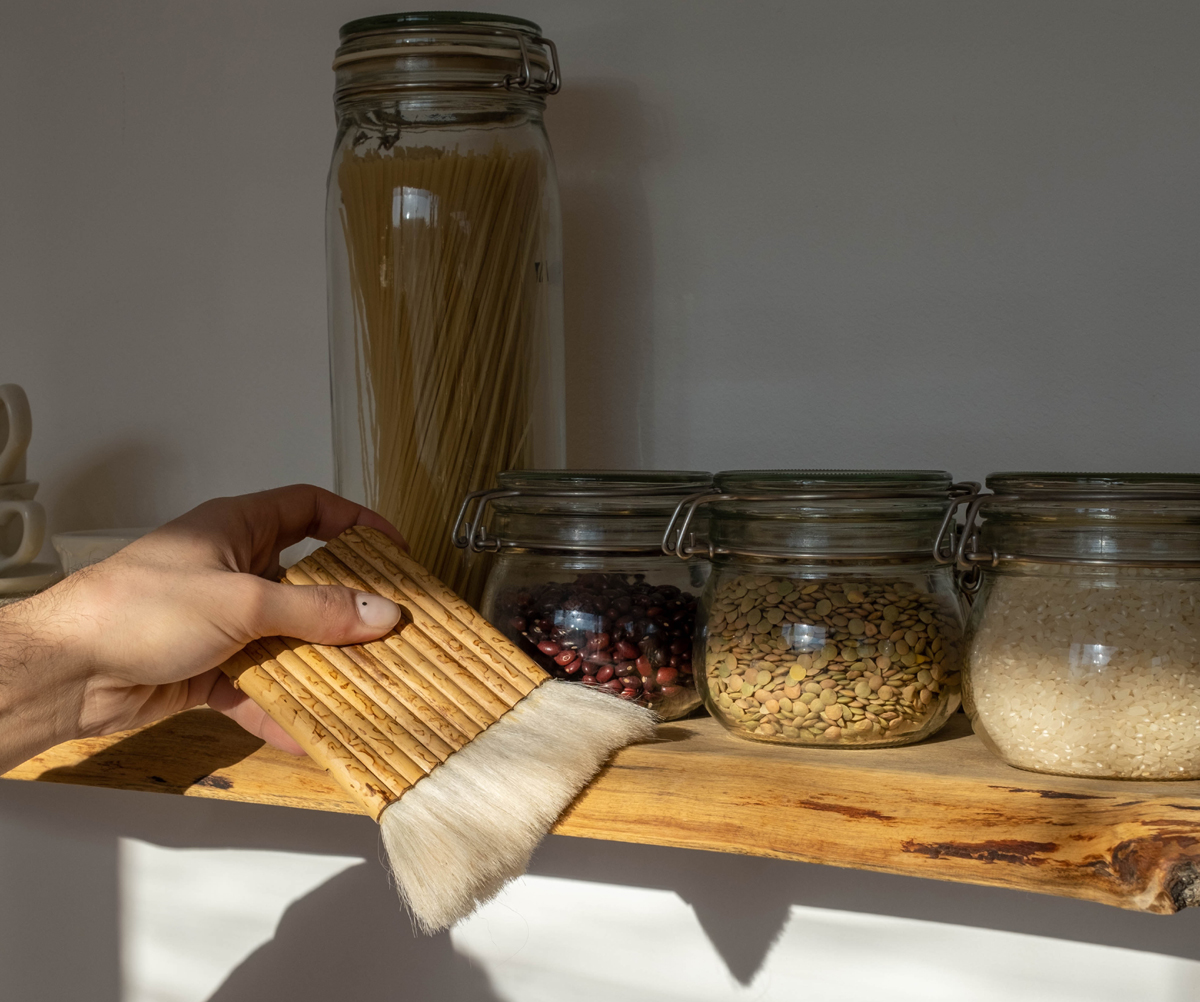Flour Power – Nine Flours to Health
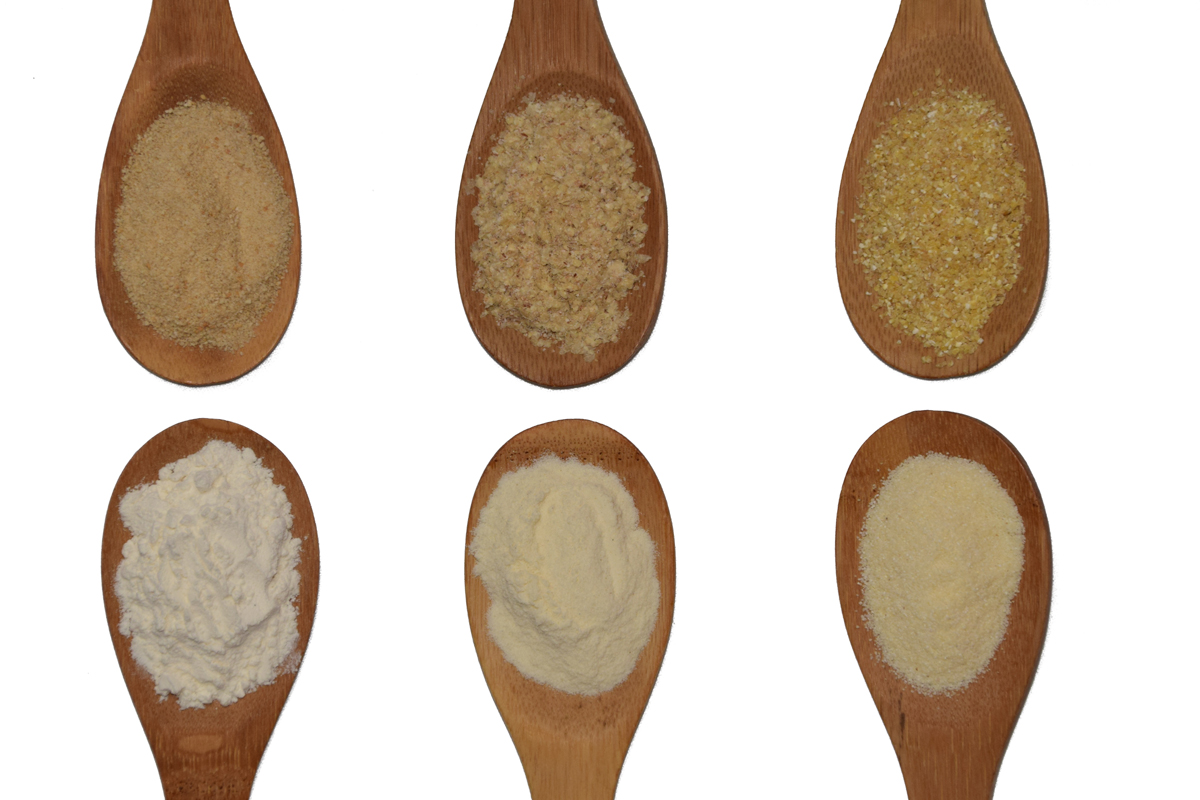
Throughout the ages grandmas everywhere have baked, cooked, braised, grilled, broiled and fried their way into the hearts of their grandchildren and children before them.
Possibly one of the major ingredients to make their recipes work is flour. Not just any old flour, but as any grandma worth her salt (or flour) might have said, “the right kind for the task in hand”.
The following nine health flours each has its correct application, and health qualities – keep this list by your stove and end up a favorite grandma.
Traditionally flour was made with wholegrain put through a stone grinding mill. The resulting flour was a coarse, brown flour that had retained the bran and a much higher level of vitamins, fibre and beneficial oils than the commercial product we know today. Almost all the nutritional value of the whole grains is lost after they are processed out using the modern roller milling system and made into white flour. To aid health, try these:
High in protein and used as a base in most breads, buns, crackers, and many pre-prepared foods. A drawback is that there is probably no way of telling whether or not these flours contain genetically engineered soya beans; even checking the label won’t help in this instance.
1. Soy Flour
2. Rice Flour
High in vitamin B, which makes it good ‘brain food’. Rice flour is a good base for fritters and is gluten free.
3. Chickpea Flour
High in protein and also gluten free.
4. Potato Flour
Great for thickening sauces or stews and also gluten free.
5. Barley Flour
Rich in silica and helps to strengthen the kidneys.
6. Pea Flour
Gluten free once again and high in protein. More suited to savoury foods due to its characteristic flavor. Can also be used for thickening soups and casseroles.
7. Oat Flour
Lowers cholesterol and is high in iron, fibre and magnesium.
8. Ground Cornflour
Sometimes called by its other name, maize, this is also high in protein, gluten free and helps spleen function and bone formation.
9. Rye Flour
High in potassium, great for clarity of mind and the liver.
As you can see from this list, there are many varieties of grain that can be used to make flour. If you have a wheat or gluten allergy (often exhibited as eczema, candida or irritable bowel syndrome) it would be wise to first check your tolerance to one of the alternative flours liste
Unprocessed wheat bran is unrivaled for high fibre content. Bran aids in the prevention of bowel cancer in two ways. First it sweeps the bowel clean of unwanted debris and second it speeds up the metabolism by moving wastes through the intestine faster. This reduces the chances of carcinogens coming into contact with the surface of the colon and dallying too long!
Do not overdo the bran though – a little on your cereal or perhaps one bran muffin a day; this is especially important for vegetarians and vegans. When buying flour or shop-bought foodstuffs containing flour, think carefully about which one you choose for yourself and your family which, of course you can do now that you have flour power.
The Author:
I’m Ian M Bell and I’ve been writing articles on how to acquire a proper golf swing for my site in the past, golf being a passion of mine.
Photo. Ulrike Leone

